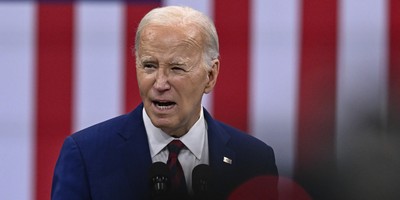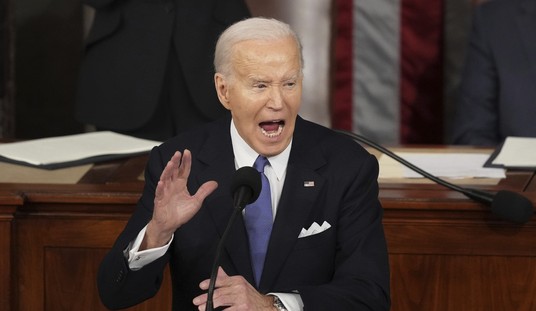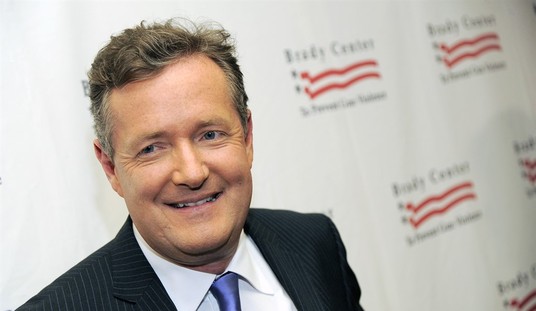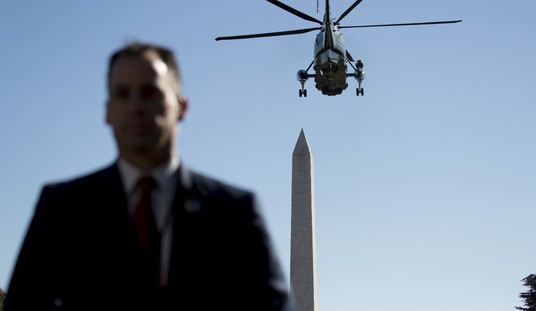What do 13 states — Alaska, California, Colorado, Hawaii, Maine, Michigan, Montana, Nevada, New Mexico, Oregon, Rhode Island, Vermont, and Washington — have that other states of the union lack?
Each of our United States has great people and not-so-great politicians. So what sets these states apart?
Medical marijuana. Each has passed legislation to allow marijuana to be used by patients of legitimate doctors, if prescribed.

In the bulk of these states it was the citizens who initiated the reform as ballot measures and citizens who voted medical marijuana into law. Other initiative states have tried and failed, and at least one state is in the process of placing a medical marijuana initiative before the voters. Which one? Florida.
Few people remember this, but, in his run for the presidency, George W. Bush pledged to honor state law regarding medical marijuana. But once in office, Bush broke his word and set the power and weight of the federal government against legally established marijuana outlets, doctors, and patients. Many are in jail, now. Many are dead, after their fights with cancer or AIDS (for example) took them, and after being harassed by the federal government. And still others await trial.
Such was the state of affairs as President Obama took office. He, too, had promised to back off of voter-approved, doctor-prescribed cannabis use in states that had approved that use. “I’m not going to be using Justice Department resources to try to circumvent state laws on this issue,” he stated. Would he honor his pledge, where Bush dishonored his?
Judging by his heavily nuanced approach to other campaign promises, there may not seem much reason to expect consistent follow-through.
Recommended
But the recession does give medical marijuana activists some cause for hope. The recession seems to be worsening, and current policy indicates that a greater worsening is likely. The whole debacle looks more and more like Great Depression II.
And during the last Depression, Prohibition was repealed.
So there’s precedent.
Way back then, the states lacked for revenues. They wanted to tax alcohol. The new Democratic Congress followed the new Democratic president’s lead and worked hard to repeal Prohibition.
Now, states struggle with falling tax revenues, and again scavenge for something — anything — to tax.
But of course, medical marijuana won’t help them much. To really work as a funding source, it is recreational marijuana that would have to be legalized and taxed.
And even on this front there is some motion, as the decriminalization movement again revives. In Massachusetts, in 2008, the people voted to move marijuana possession offenses from felony to misdemeanor status, charging $500 fines for one ounce or less. Once again, this was an attempt by people to take a volatile issue out of the hands of less-than-trustworthy politicians.
Such decriminalization is a long way from a free market in drugs, of course. As of now, a free market in drugs does not meet the approval of the general population. And an even greater percentage of politicians are resistant to the idea. Whereas the people may fear damage done by the stoned, zonked, and pixilated — or, less logically, the damage done by “drug violence” (which is mostly, admit it, prohibition-related violence) — politicians almost certainly fear loss of power, the loss of a never-ending crusade to milk for cheap votes.
For years, the fear of widespread recreational marijuana usage rested more on a domino — or “gateway drug” — effect than on its intrinsic pharmacological properties. As psychoactive drugs go, the weed seems a tad safer than alcohol. You can ruin your life on either drug, of course (the road to hell offers many convenient on-ramps), but a lot of people who use it don’t ruin their lives in the usage. That’s simply the truth. So the rationale for prohibition of marijuana has rested on the fact that some people (a minority) do hurt themselves with it, and that those who use it are more likely to try harder drugs. Marijuana prohibition is all about “nipping it in the bud,” so to speak.
Medical marijuana, on the other hand, is not, on the face of it, about recreational use — though excitement from recreational users has surely spurred the movement. (They like their drug; they tend to think it a panacea.) Several of the ingredients in the cannabis plant have properties that can be used for a number of medical purposes, including decreasing nausea and increasing appetite, problems associated with current cancer treatments and the symptoms of AIDS.
But legalizing recreational marijuana imparts to the drug some advantages that legal medicines possess as a matter of course:
1. Legal drugs mean safer drugs, less chance for random “experimenters" to overdose or get poisoned by impure product.
2. Legal drugs mean less violence, an end to gang warfare as the market for these drugs shifts to, say, Walgreens or the local druggist.
3. Legal drugs mean that we can focus on responsibility, concentrate on holding people responsible for their actions, not intrusively prying into their ingestions of this substance or that.
But we seem to be a long way from a culture of responsible drug users . . . and non-users. The hysteria associated with the War on Drugs will continue to infect politics for some time.
In the near term, citizens in increasing numbers of states are taking the right to determine what is acceptable and what is unacceptable away from the federal government and placing it upon themselves. I don’t see how supporters of the Ninth and Tenth Amendments — or, as in my case, the initiative process — can oppose this.
And it does appear that the Obama administration is backing off from the Justice Department’s raids on state-sanctioned medical marijuana dispensaries and consumers. A week or so ago Attorney General Eric Holder insisted that the raids would cease. What Obama promised during the campaign, Holder said, “is now American policy.”

























Join the conversation as a VIP Member